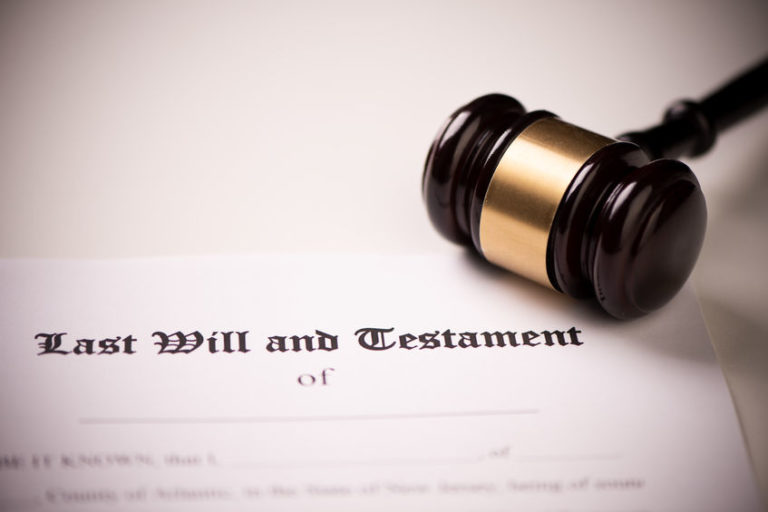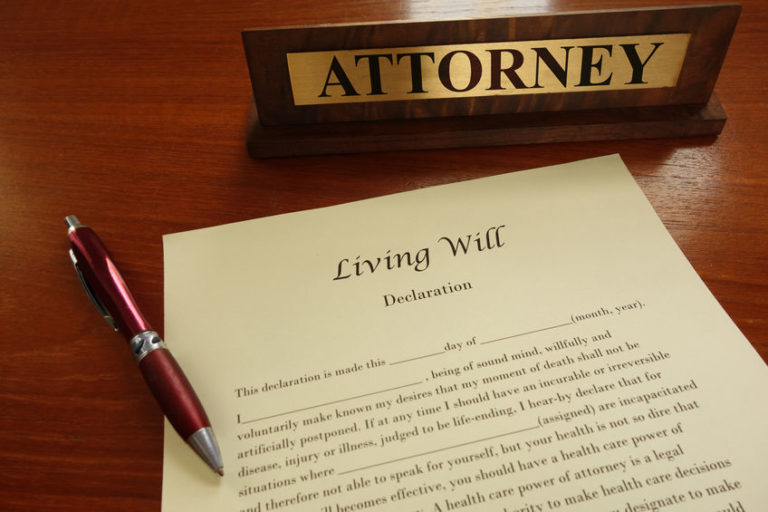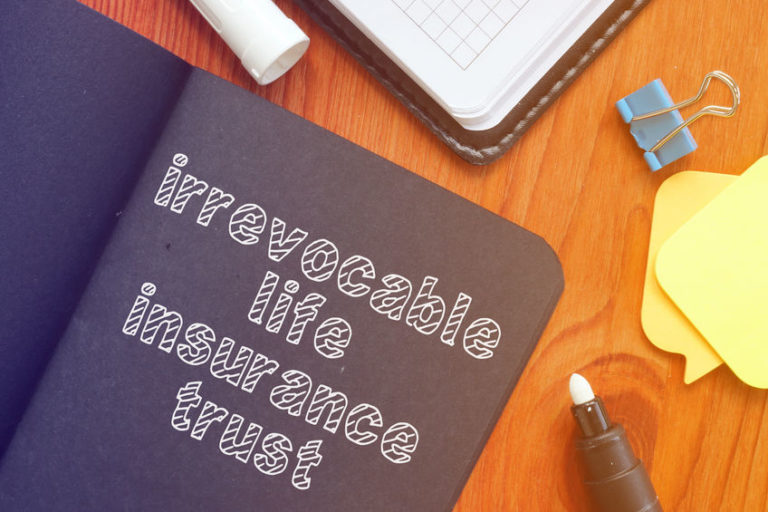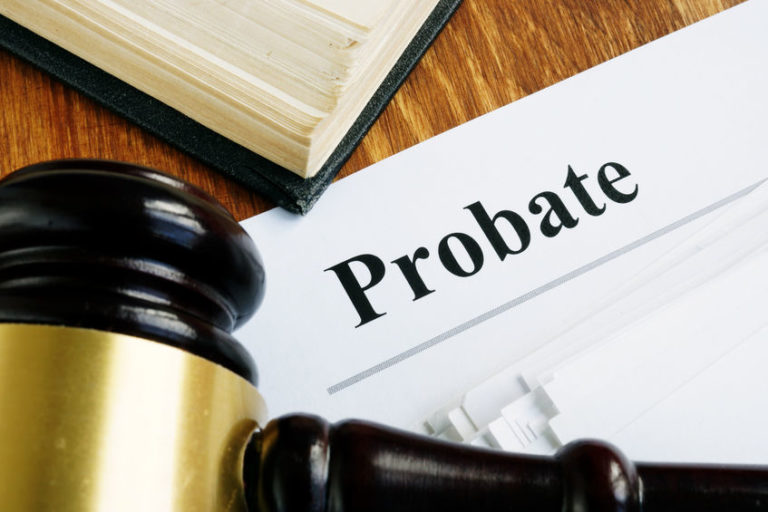
Why Everyone Should Have a Trust?
A trust is a legal agreement between the person who created the trust “settlor” and the trustee (the settlor as well), which is designed to hold assets for the beneficiary/ies of the trust. A trust can be a useful legal and financial mechanism to hold and distribute one’s assets after the death of the settlor, regardless of the amount of assets the settlor has. Below are a few of the reasons why trusts are a good idea for everyone.















